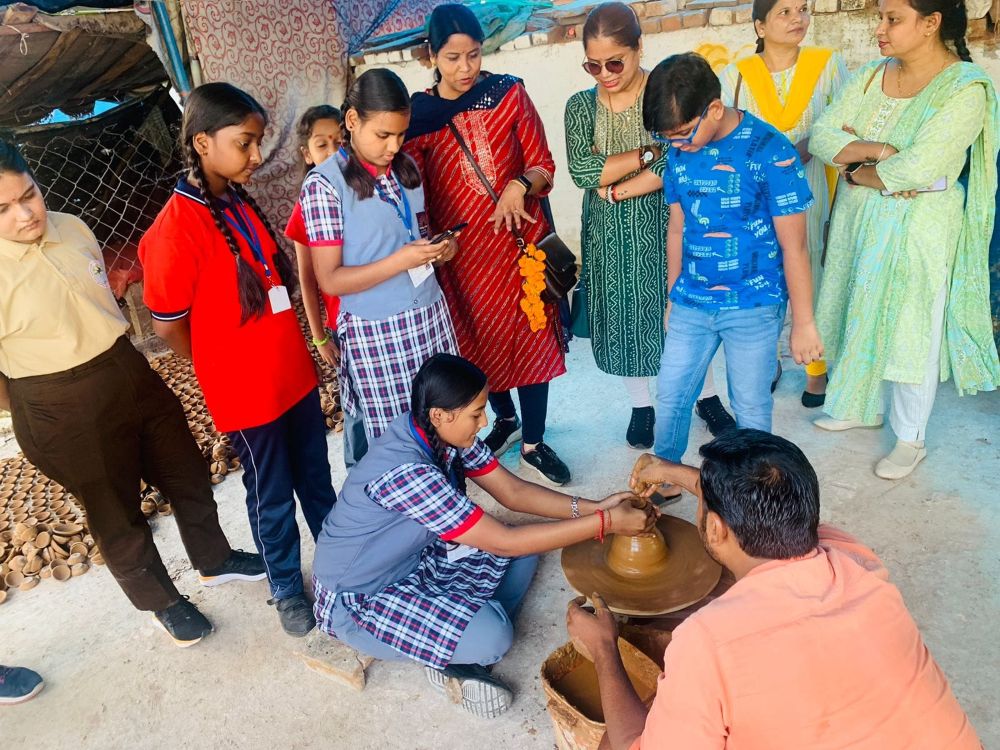






Environmental sanitation envisages the promotion of the health of the community by providing a clean environment and breaking the cycle of disease. It depends on various factors that include hygiene status of the people, types of resources available, innovative, and appropriate technologies according to the requirement of the community, socioeconomic development of the country, cultural factors related to environmental sanitation, political commitment, capacity building of the concerned sectors, social factors including the behavioral pattern of the community, legislative methods adopted, and others. Total sanitation campaign gives resilient emphasis on Information, Education, and Communication (IEC), capacity building, and hygiene education for effective behavior change with the participation of Panchayati raj institutions (PRIs), community-based organizations, nongovernmental organizations (NGOs), etc. The key intervention areas are individual household latrines (IHHL), school sanitation and hygiene education (SSHE), community sanitary complex, Anganwadi toilets supported by Rural Sanitary Marts (RSMs), and production centers (PCs).
Projects under the theme:
1. Participatory Management of Community Toilet under Swachh Bharat Mission (Urban), Agra
2. DAY - NULM - Homeless Person Shelter Homes, Agra, Sharanpur
3. Education and Welfare Program of Waste Pickers, Delhi
4. Capacity Building and Training of Reg Picker, Delhi
5. To conduct IEC Activities to Identify & Mobilize the Target Communities for Getting the Construction of IHHL {Individual Household Latrines} under Swachh Bharat Mission (Urban) in Saharanpur.